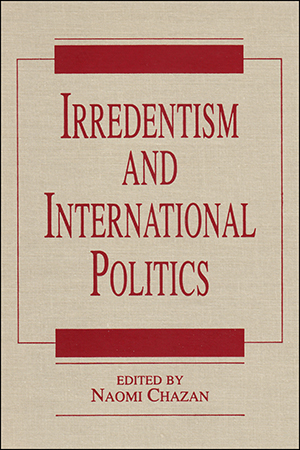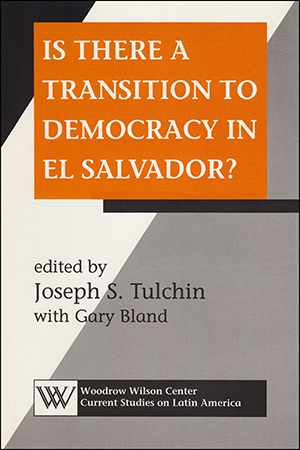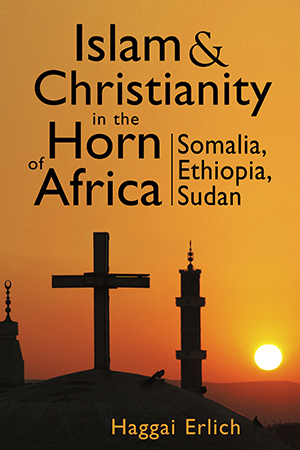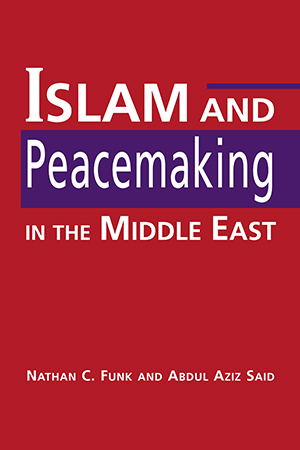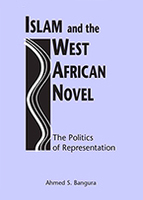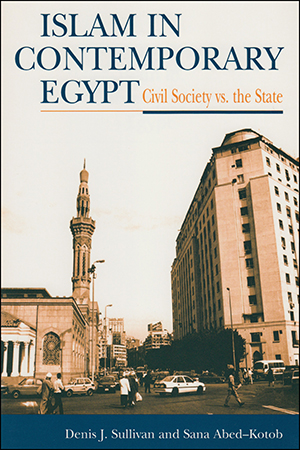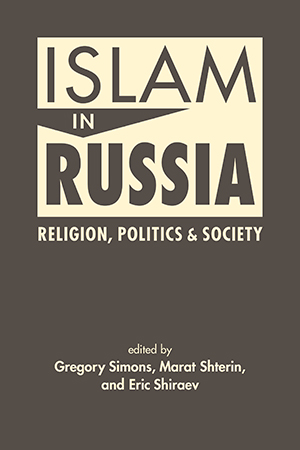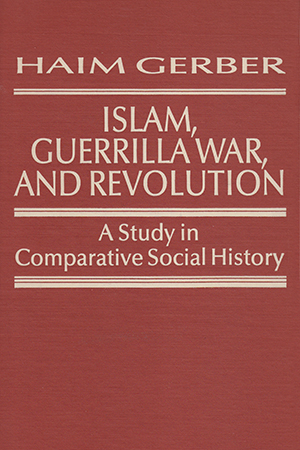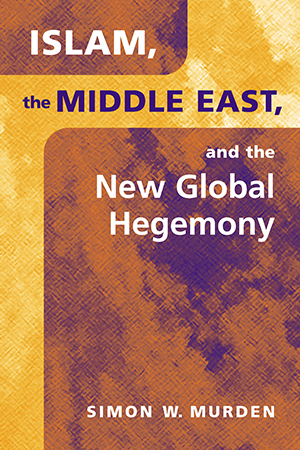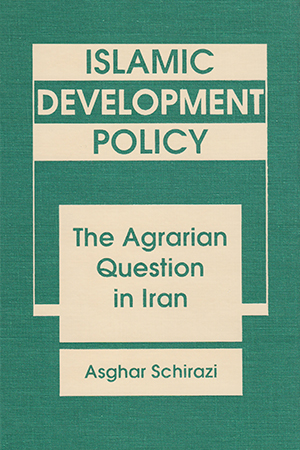BOOKS
The attempt by sovereign states to incorporate the territories of ethnically related populations in neighboring countries is an outgrowth of the complexities inherent in the lack of More >
This timely book explores to what degree democracy has taken root in El Salvador, and to what extent the country can strengthen democratic, civilian-controlled government institutions. The More >
Can Christianity and Islam coexist? Or are Muslims and Christians destined to delegitimize and even demonize each other? Tracing the modern history of the region where the two religions More >
Islam and Peacemaking in the Middle East begins with a set of provocative questions: How, for example, do Muslims conceive of peace? To what degree do differences in the interpretation of More >
Ahmed Bangura argues that a deeply ingrained pattern of prejudice toward Islam in European-language writing on Africa has led to serious misreadings of many West African novels. Extending More >
This unusually accessible book provides a comprehensive picture of Islam in contemporary Egyptian politics and society, emphasizing its diversity and heterogeneity. Tracing the development More >
Russia's Muslims, numbering some 15 million, constitute far from a homogeneous sociopolitical group. So ... What does it mean to be a Muslim in Russia today? How is the image of More >
Haim Gerber addresses the phenomenon of radical revolution within Islam, seeking both to understand a certain type of revolution and to discover whether there is a typical Muslim response to More >
Simon Murden investigates how Muslim societies in the Middle East are being affected by globalized politics and economics, and how they are adapting to it. Murden describes how a More >
Schirazi uses agricultural policy to demonstrate the complications and consequences resulting from the Islamization of development policy in Iran. Refuting claims by Iran's religious More >



